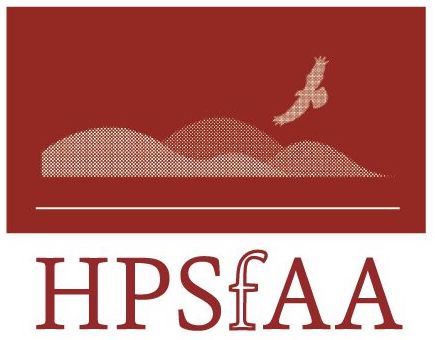  
 
The High Plains Society for Applied Anthropology |
|
The Benevolent Dictatorship in Rwanda: Negative Government, Positive Outcomes?
Shawn Russell
While Rwanda does lack some of the basic freedoms and civil rights that are considered essential to a nation, particularly by Western democratic powers, today it “works,” largely as a result of President Paul Kagame’s benevolent dictatorship, especially as seen through the lens of those things which are most essential for stability, security, and development in a post-conflict setting. This article evaluates benevolent dictatorships as possible solutions for governance in post-conflict environments for US policy makers. It also proposes ways the US can prevent or mitigate the effects of a civil war. It finishes by stressing that, despite some curbs on civil and personal liberties, Rwanda is much better off than many other countries in Africa, and that the limits to personal liberties, while unfortunate, are a small price to pay for the security and stability Rwandans otherwise enjoy.
The Applied Anthropologist, No. 1, Vol. 32, 2012, pp 12 - 22